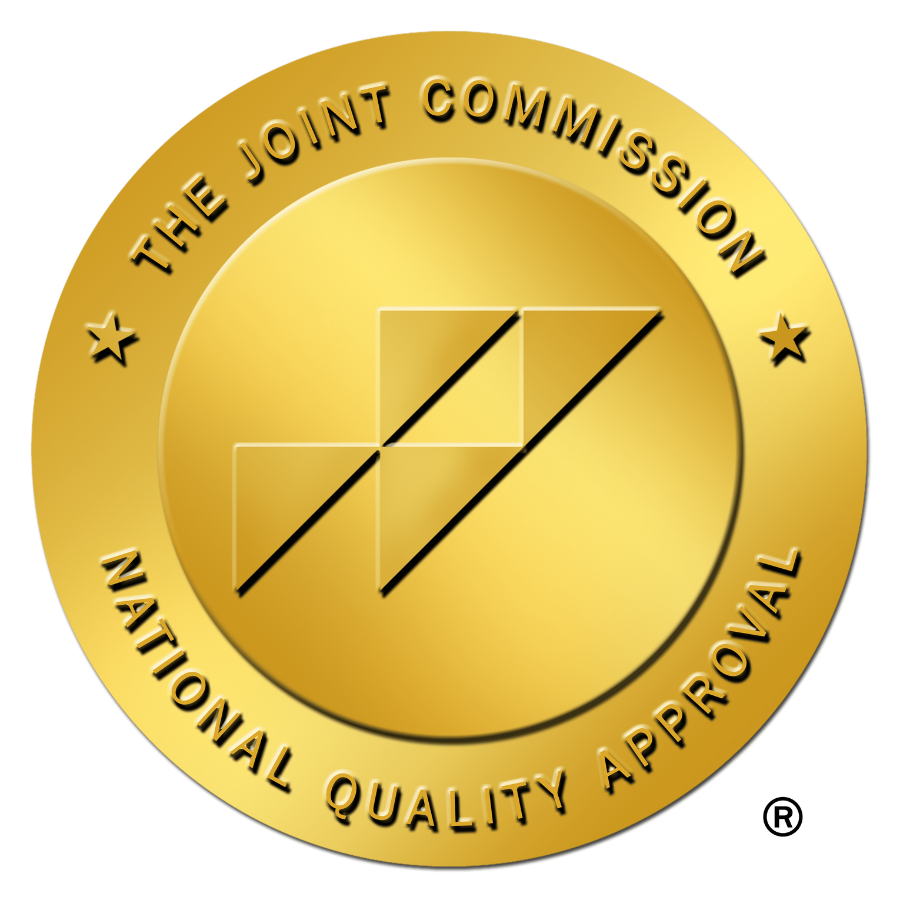You may need a higher level of care (through a program) instead of outpatient care if your symptoms or situation require more structure, supervision, or support than outpatient treatment can provide. Program care can be Residential Treatment (RTC), Partial Hospitalization Program (PHP), or Intensive Outpatient Program (IOP). None of these are considered hospitalizations or acute settings, but rather they can help prevent hospitalizations.
Here’s is why residential treatment may be more appropriate for you:
✅ 1. Your symptoms are severe or complex
Residential care is typically recommended if you’re dealing with:
- Severe depression, anxiety, or trauma
- Suicidal thoughts or self-harming behaviors
- Intense mood swings or psychosis
- Co-occurring disorders (e.g., mental health + substance use)
These symptoms often require 24/7 monitoring and a controlled environment that outpatient care can’t offer.
✅ 2. Outpatient care hasn’t been enough
If you’ve tried outpatient therapy (once or twice a week), or even intensive outpatient (IOP) or a partial hospitalization program (PHP), but haven’t made progress—or you’re getting worse—residential treatment may be necessary.
✅ 3. You need a safe, stable environment
Residential care removes you from daily stressors, unhealthy environments, or relationships that may be contributing to your mental health issues. This is especially important if you’re:
- In an unsafe or toxic home environment
- Struggling with substance use
- Unable to manage daily responsibilities because of your mental health - including managing your meds, hygiene, or basic needs.
- Struggling with suicidal ideation or regular self harm
- Unregulated mania or psychosis is present
✅ 4. You need round-the-clock support
Residential programs provide:
- 24/7 access to staff and mental health professionals
- Structured daily routines with therapy, activities, and support
- On-site medication management
- Crisis intervention if needed
This constant support can be life-changing if you’re overwhelmed or feel unsafe being on your own. It is also especially therapeutic if you struggle with lack of routine at home, such as being unable to get out of bed during the day.
✅ 5. You want to focus fully on recovery
In residential care, you can take time away from work, school, and daily pressures to focus fully on healing. You’ll participate in:
- Individual and group therapy
- Skill-building (CBT, DBT, etc.)
- Holistic therapies (art, music, yoga, mindfulness)
- Family therapy
- Integrative Psychiatry
How can you compare outpatient therapies from residential care?
|
Outpatient |
Residential |
|
1 therapy sessions/week |
24/7 care & supervision |
|
Live at home |
Live at the treatment center |
|
Good for mild/moderate issues |
For severe or complex mental health needs |
|
No structure support |
Highly structured environment |
|
Less intensive, lower cost Takes longer to see progress, OK for less urgent needs |
More intensive, higher cost Progress made more efficiently due to full-time engagement, necessary due to urgent needs |
PHP (Partial Hospitalization Program) and IOP (Intensive Outpatient Program), helps with structure as well but does not require an overnight stay like Residential. PHP is 8 hours per day M-F, and IOP is 4 hours per day M-F. Because you live at home while receiving this care, it is considered an outpatient day program. These are often step-down options after Residential Care. Just like in Residential, PHP focuses on the following:
✅ 1. Multidisciplinary Approach
Participants receive care from a team including psychiatrists, therapists, social workers, and clinical aids. This team approach allows for comprehensive treatment of complex mental health conditions like depression, anxiety, bipolar disorder, PTSD, and more.
✅ 2. Skill Building and Therapy
PHP and IOP include individual case management, group therapy, family therapy, medication management, and skill-building activities such as DBT (Dialectical Behavior Therapy) or CBT (Cognitive Behavioral Therapy).
✅ 3. Prevention of Hospitalization
PHP and IOP can help prevent full hospitalization by providing early, intensive intervention, helping individuals manage crises before they escalate.
✅ 4. Support in Daily Life Integration
Since patients live at home during the program, they can immediately apply new skills in real-world settings, with ongoing support and feedback from the treatment team. IOP specifically is also an opportunity to start phasing back in school or work routines while still receiving part-time care and support. This can help the real-world transition feel less burdensome and help patients feel confident in regaining their functionality again.
Who Might Need PHP/IOP?
- Someone recently discharged from a psychiatric hospital or residential care
- Someone experiencing worsening symptoms despite outpatient care
- Someone struggling to manage daily life due to a mental health disorder
- A person in crisis who does not require 24-hour supervision
Our intake team can help assess you and determine where might be a good fit for you. If you’re still unsure or hesitant what type of care is right for you, you can receive triage care from a psychiatric professional or therapist to determine what may be a better fit for you based on your needs, severity, and goals.
You have options and healing is possible, all it requires is you agreeing to take that first step and say “I will just show up and see what today brings.”






